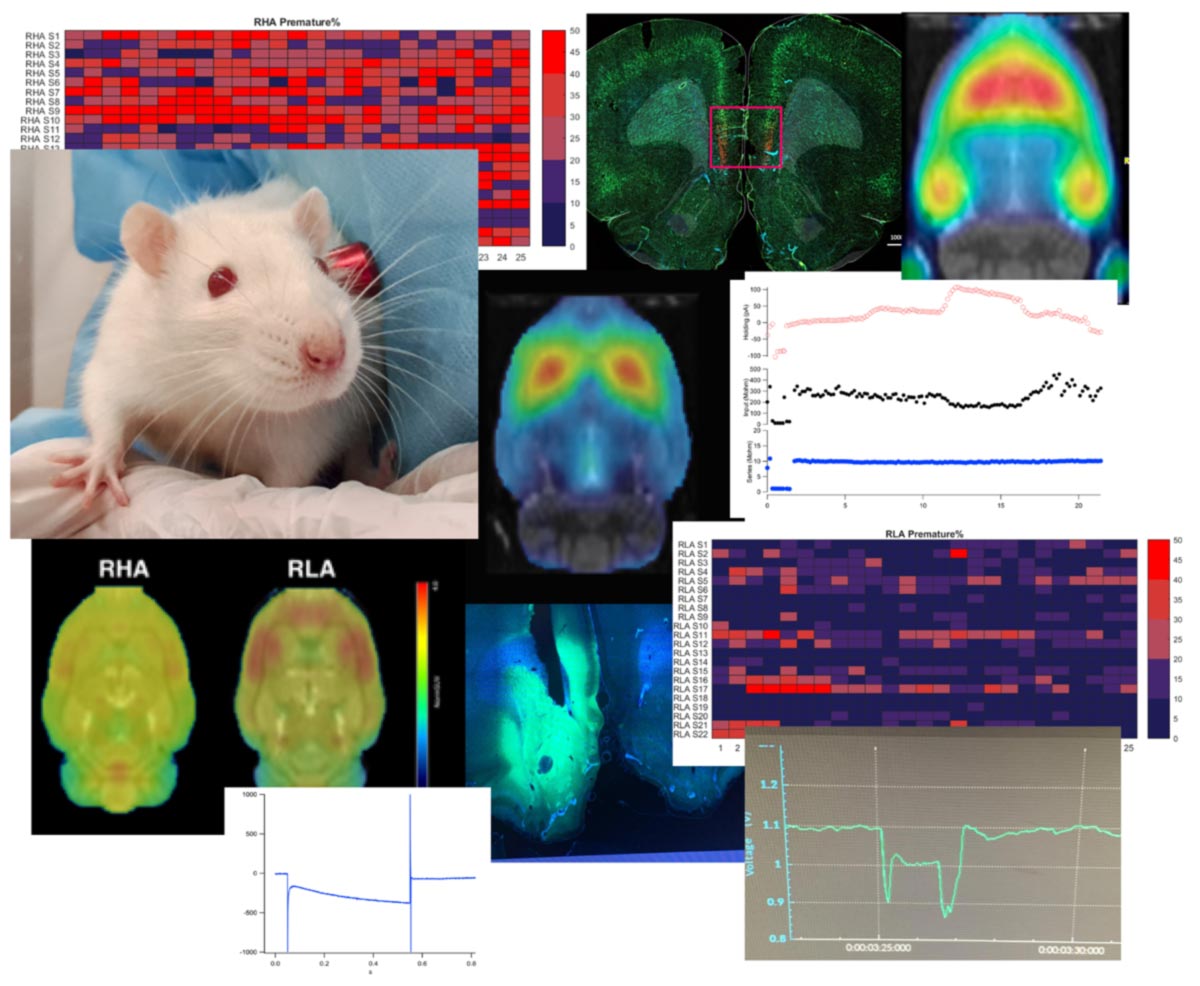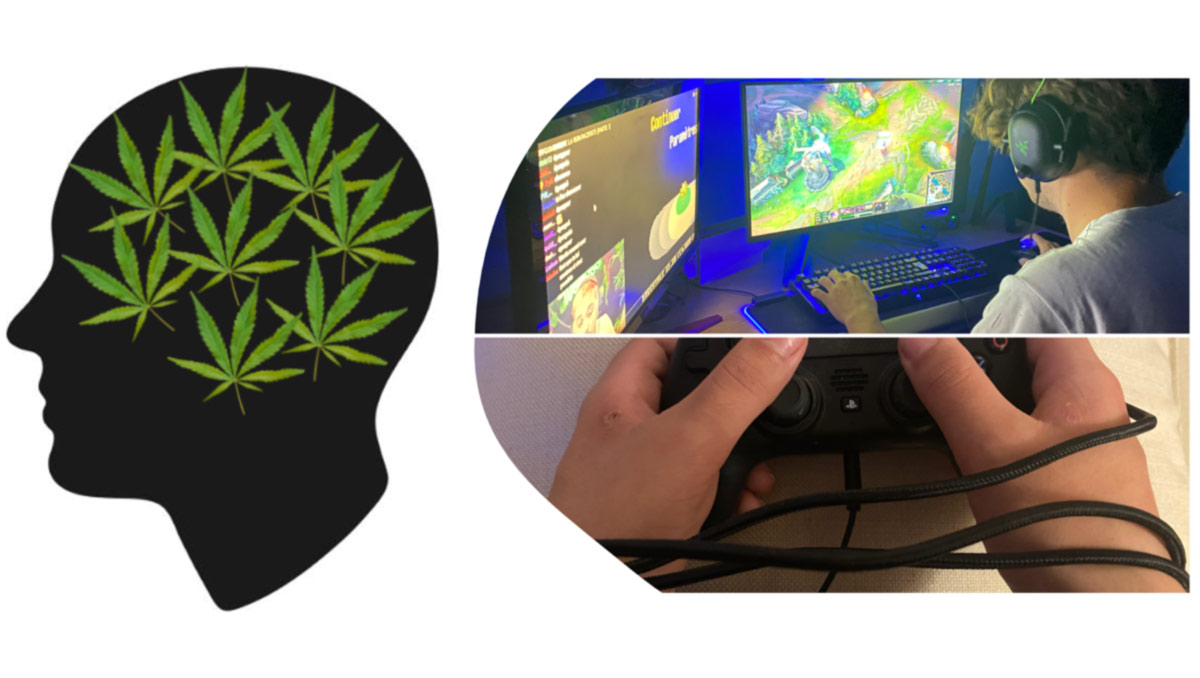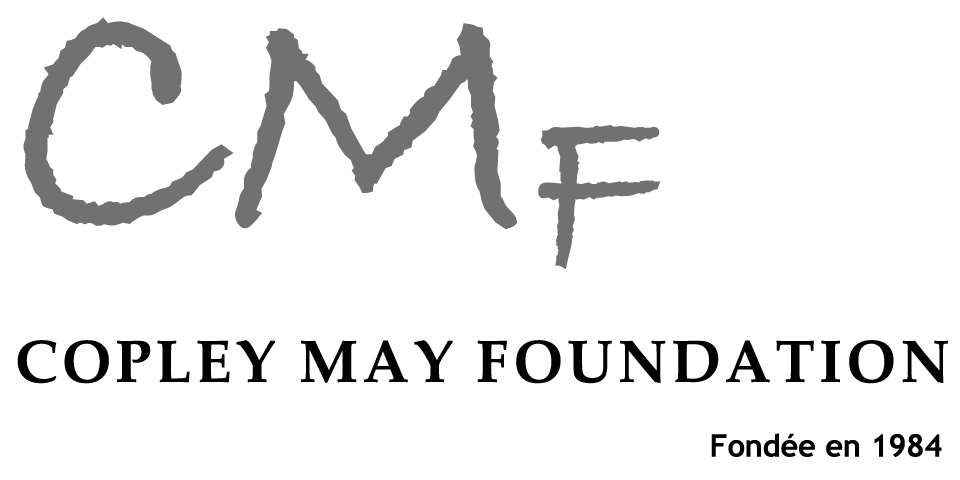Nathalie Ginovart


Nathalie Ginovart is an Associate Professor at the Faculties of Psychiatry and Basic Neuroscience at UNIGE. She has a background in neuroscience and neuropharmacology. Her research focuses on the study of brain changes associated with impulsive behaviour and addiction.
Nathalie Ginnovart's desire to understand the neurobiological mechanisms that link impulsivity to a high susceptibility to addiction is what motivates her to conduct research in the field of mental health at the Centre Synapsy. Impulsivity is a strong transdiagnostic trait for psychiatric disorders other than addiction, such as attention deficit hyperactivity disorder (ADHD), bipolar affective disorder and borderline personality disorder. In her view, this research is also important for shedding light on a wider range of disorders.
The neurobiological basis of impulsivity
Nathalie Ginovart's laboratory studies the neurobiological underpinnings of impulsivity, with a particular focus on the role of dopaminergic neurotransmission in the reward circuitry, which is directly involved in the reinforcement and pleasure effects of drugs. Using an approach that combines behavioural analysis and in vivo molecular imaging in rodent models, her laboratory has shown that impulsivity and sensation seeking are associated with deficits in dopamine receptors and exaggerated dopamine release in the brain, and that these functional dysregulations predict increased susceptibility to drug abuse. Nathalie Ginovart and her laboratory now aim to determine whether these dopaminergic defects are linked to abnormalities in reward processing and related neuronal circuits, using tools derived from fibre photometry, chemogenetics and electrophysiology.

Behavioural addictions
There are many types of addiction in humans, with or without substances: alcohol, drugs, tobacco, but also sex, food, games, the telephone and the internet. Despite their growing impact on our societies, research into the underlying biological mechanisms of behavioural addictions is still in its infancy. Nathalie Ginovart's laboratory is investigating whether behavioural addictions exhibit dopaminergic dysregulation similar to that observed in drug addiction, or whether they differ by altering other neurobiological systems. Neuroimaging studies using positron emission tomography will determine whether online video game addiction and cannabis addiction are similarly associated with abnormalities in dopamine receptors and synthesis and impulsive behaviour. These studies will pave the way for a better understanding of the individual risk factors that predispose individuals to develop drug and/or behavioural addiction.





